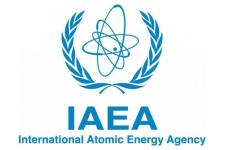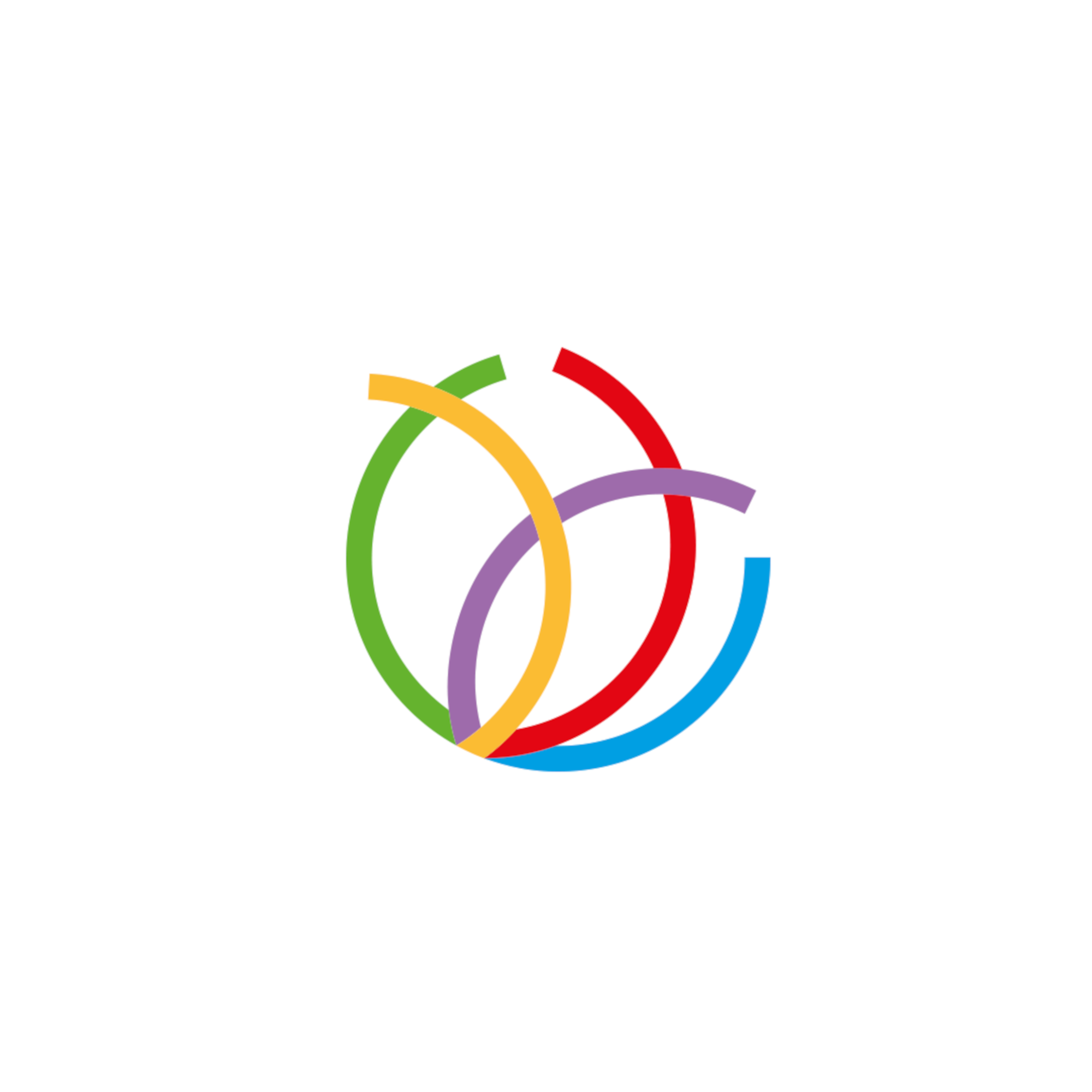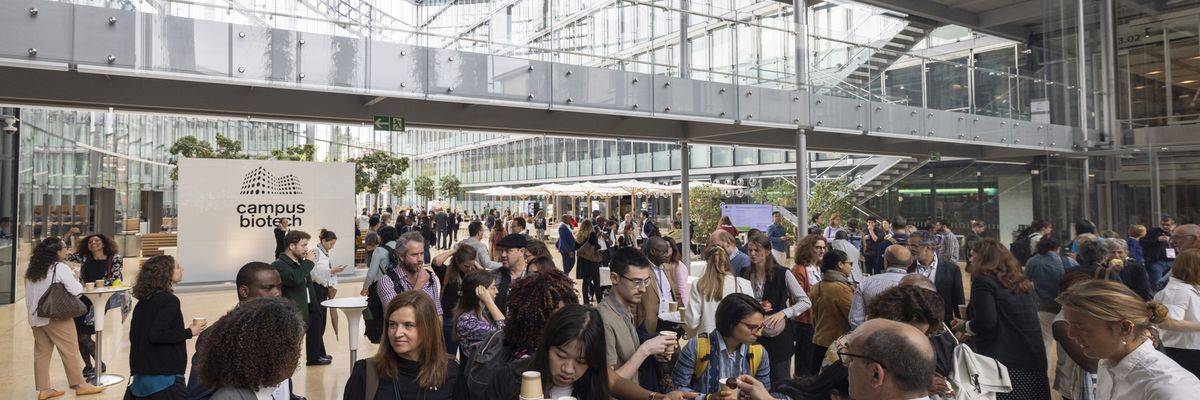International Atomic Energy Agency (IAEA)

The IAEA is the world's center of cooperation in the nuclear field. It was set up as the world's "Atoms for Peace" organization in 1957 within the United Nations family. The Agency works with its Member States and multiple partners worldwide to promote safe, secure and peaceful nuclear technologies.
The IAEA is generally described as having three main missions:
- Peaceful uses: Promoting the peaceful uses of nuclear energy by its member states,
- Safeguards: Implementing safeguards to verify that nuclear energy is not used for military purposes, and
- Nuclear safety: Promoting high standards for nuclear safety.
The Department of Nuclear Sciences and Applications focuses on the use of non-power nuclear and isotope techniques to help IAEA Member States in the areas of water, energy, health, biodiversity, and agriculture.
The Human Heath Campus is designed to serve as an informative resource for health professionals, working in Nuclear Medicine, Radiation Oncology, Medical Physics and Nutrition, providing insight into different aspects of modern clinical practice. https://www.iaea.org/resources/hhc
The IAEA’s aim is to help build Member States’ capacities to support them in establishing high-quality health care worldwide. Since the IAEA began its work in human health over 50 years ago, the use of nuclear techniques in medicine and nutrition has become one of the most widespread peaceful applications of atomic energy.The IAEA assists Member States with the coordination of research projects, expert guidance, equipment, the development of internationally harmonized guidelines, training and knowledge exchange. Its support ranges from nutrition interventions to cancer diagnosis and treatment, to quality assurance for the use of radiation in medicine for safe and accurate treatment of conditions such as cancer.
The headquarter of IAEA is in Vienna (Austria). IAEA has a liaison office in Geneva.
- United Nations
- Other health field concerned
- Policy brief or recommendation of good practices
- Mainly international




